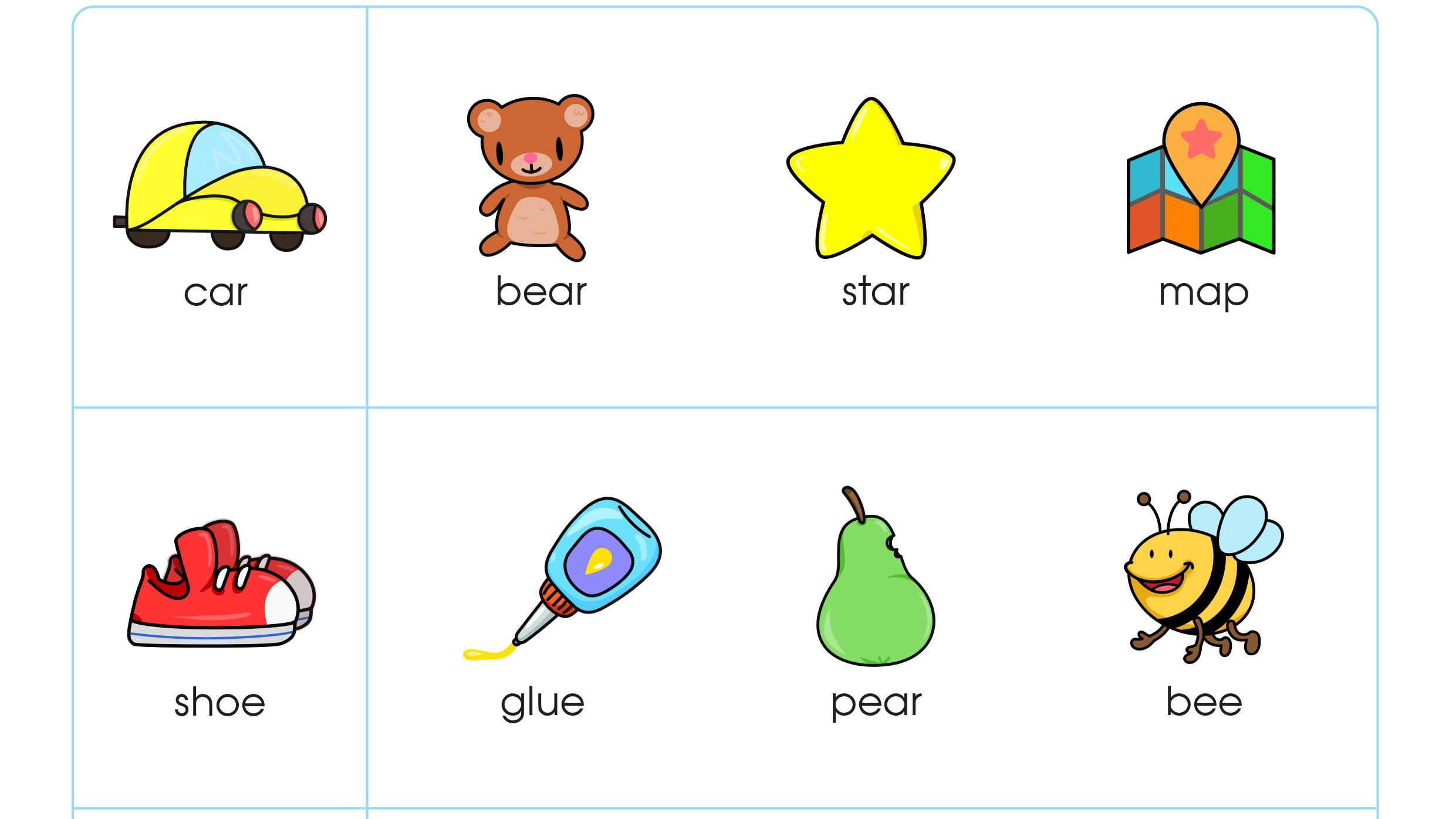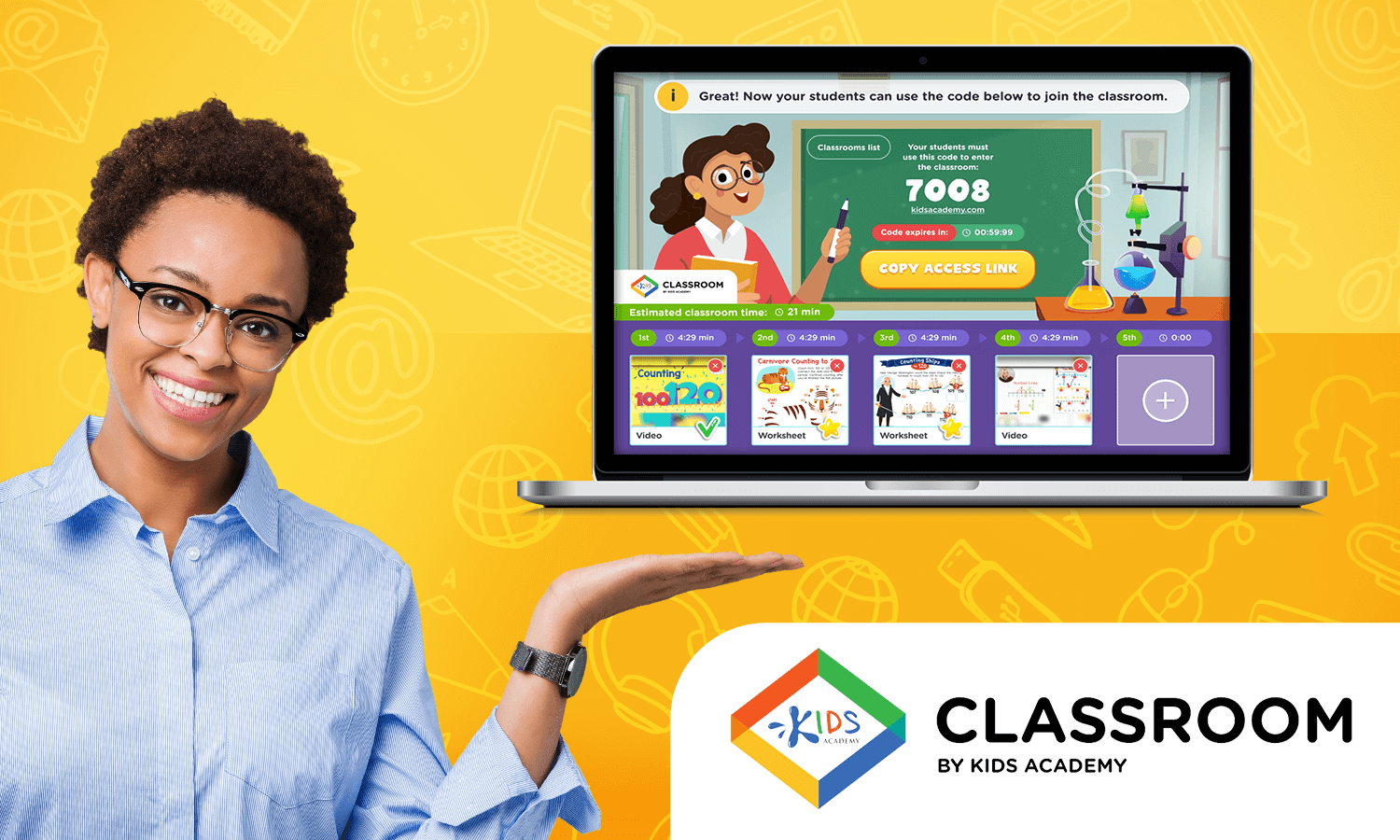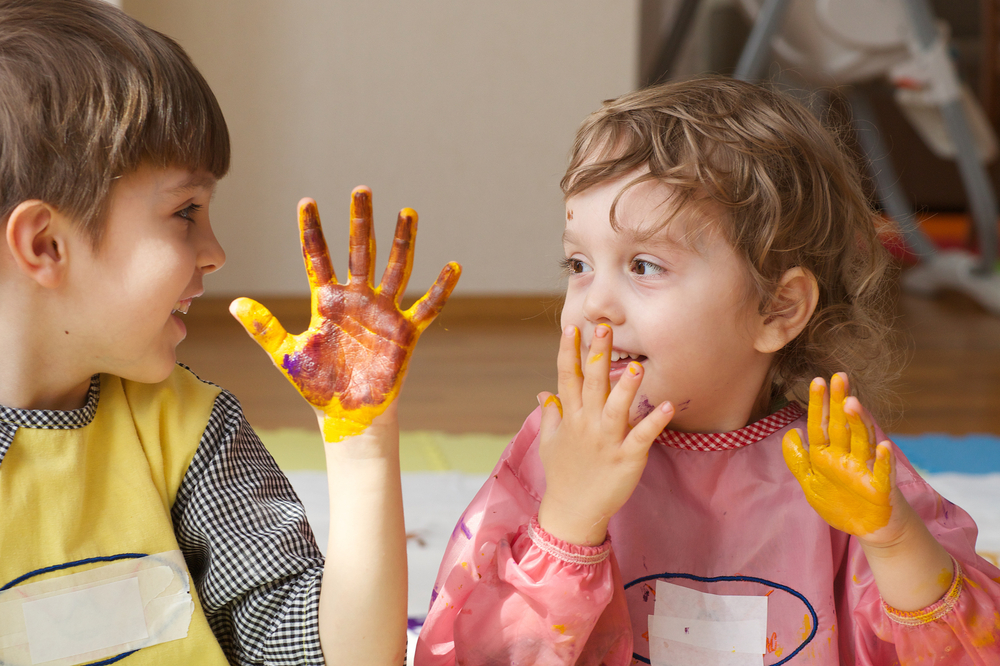Improving critical thinking Normal Worksheets for Ages 3-8
5 filtered results
-
From - To
Unlock your child's potential with our "Improving Critical Thinking Normal Worksheets" designed for ages 3-8! These engaging worksheets foster essential cognitive skills through fun activities that promote analysis, reasoning, and problem-solving. Tailored to enhance learning, our resources encourage curiosity and creativity, making learning enjoyable for young minds. Each worksheet can be easily printed at home, offering parents a convenient tool to support their child's development. From puzzles to thought-provoking questions, our activities captivate attention while nurturing critical thinking abilities. Visit our website and empower your child with skills that lay a strong foundation for future learning success!


The Constitution Worksheet
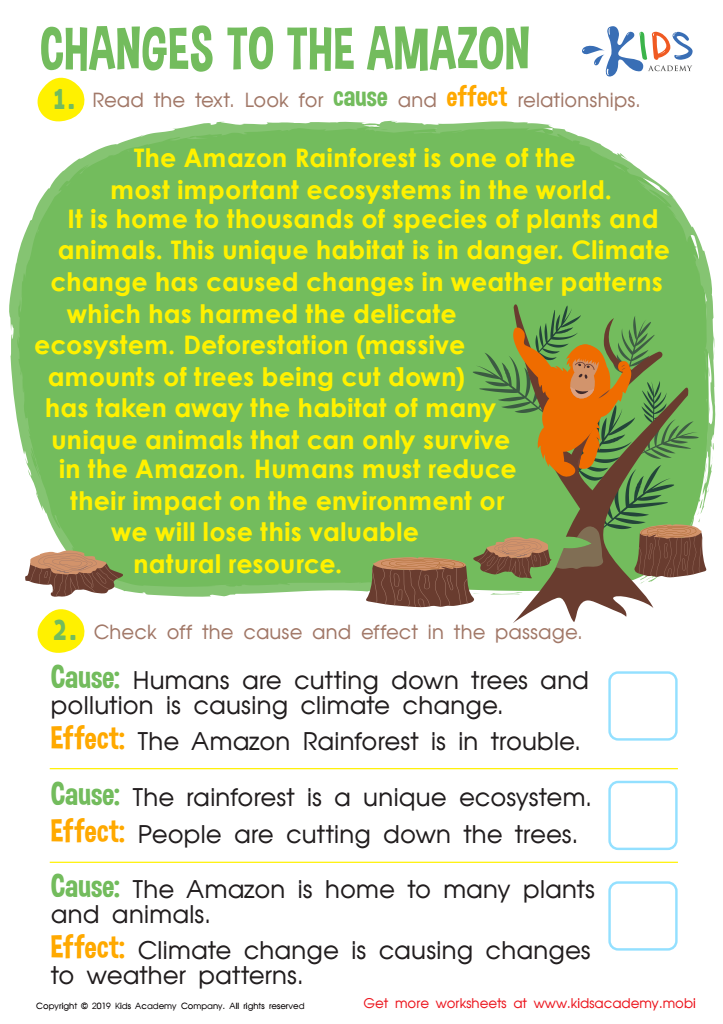

Changes to the Amazon Worksheet


Pollinator Positions Worksheet
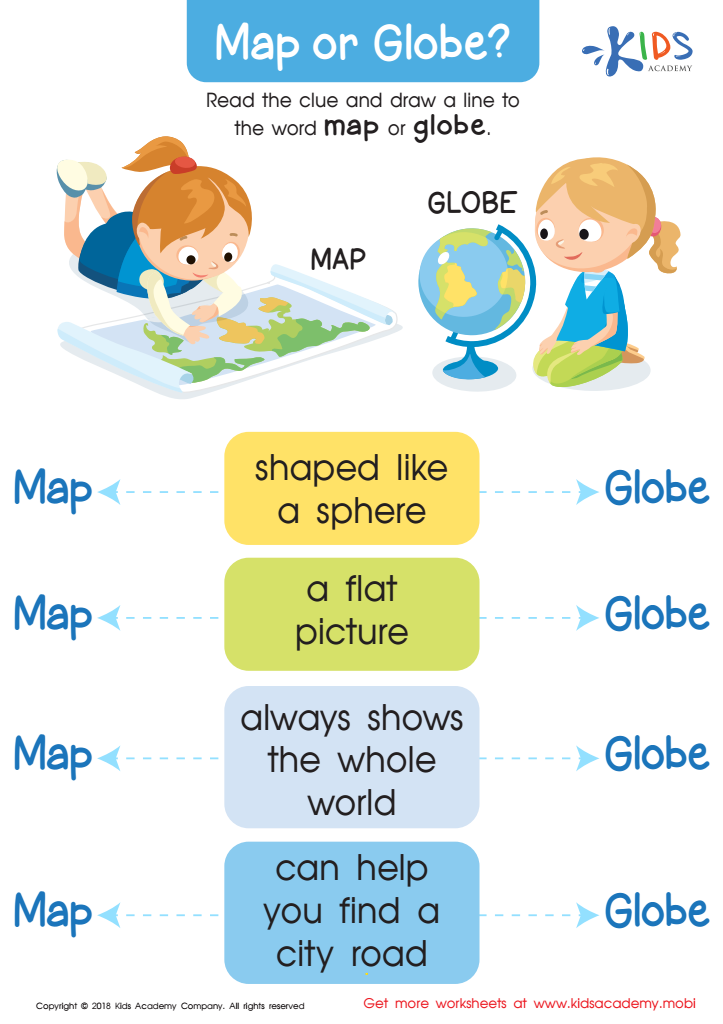

Map or Globe? Worksheet
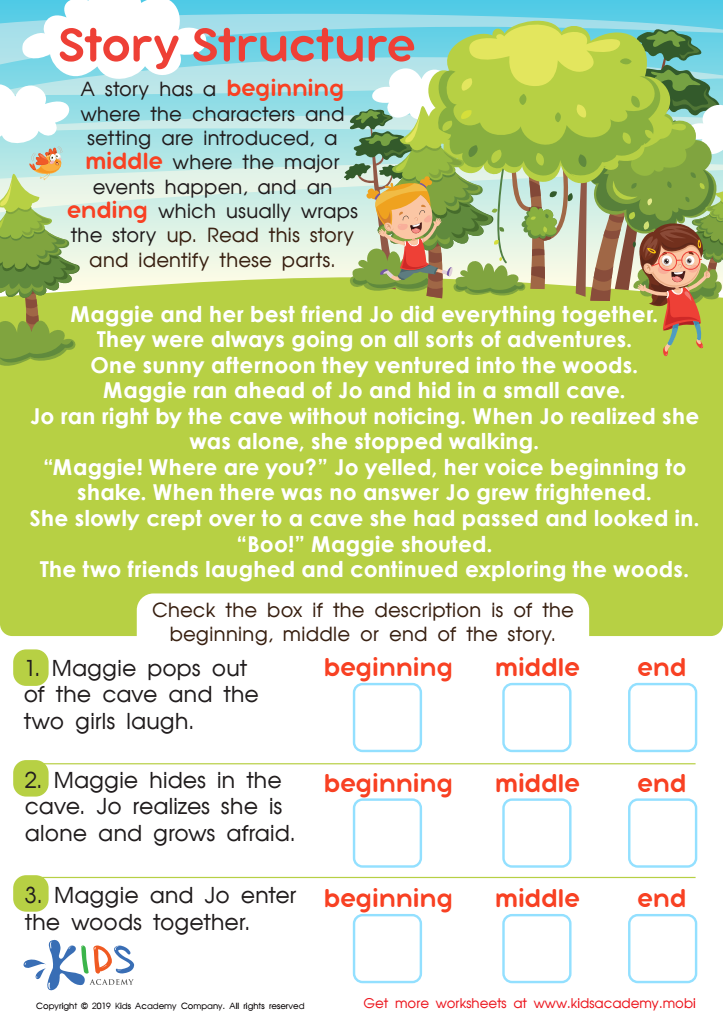

Story Structure Worksheet
Improving critical thinking skills in children aged 3 to 8 is essential for their cognitive development and future success. During these formative years, children are naturally curious, constantly exploring and questioning the world around them. Encouraging critical thinking helps them develop the ability to analyze situations, solve problems, and make informed decisions. This not only enriches their learning experiences but also fosters independence, enabling them to tackle challenges confidently.
Children who think critically learn to evaluate information, distinguish between fact and opinion, and understand different perspectives. These skills are crucial in today’s information-rich environment, where children must navigate diverse sources of information. By honing critical thinking abilities, teachers and parents equip children with the tools needed for lifelong learning, helping them adapt to an ever-changing world.
Additionally, fostering critical thinking in young learners encourages creativity and innovation. It allows children to explore multiple solutions to problems, nurture their imagination, and express their ideas more effectively. Ultimately, investing in critical thinking skills nurtures resilient, resourceful, and responsible individuals who can contribute positively to society. Therefore, parents and teachers should prioritize strategies that foster critical thinking during these pivotal early years.
 Assign to My Students
Assign to My Students




